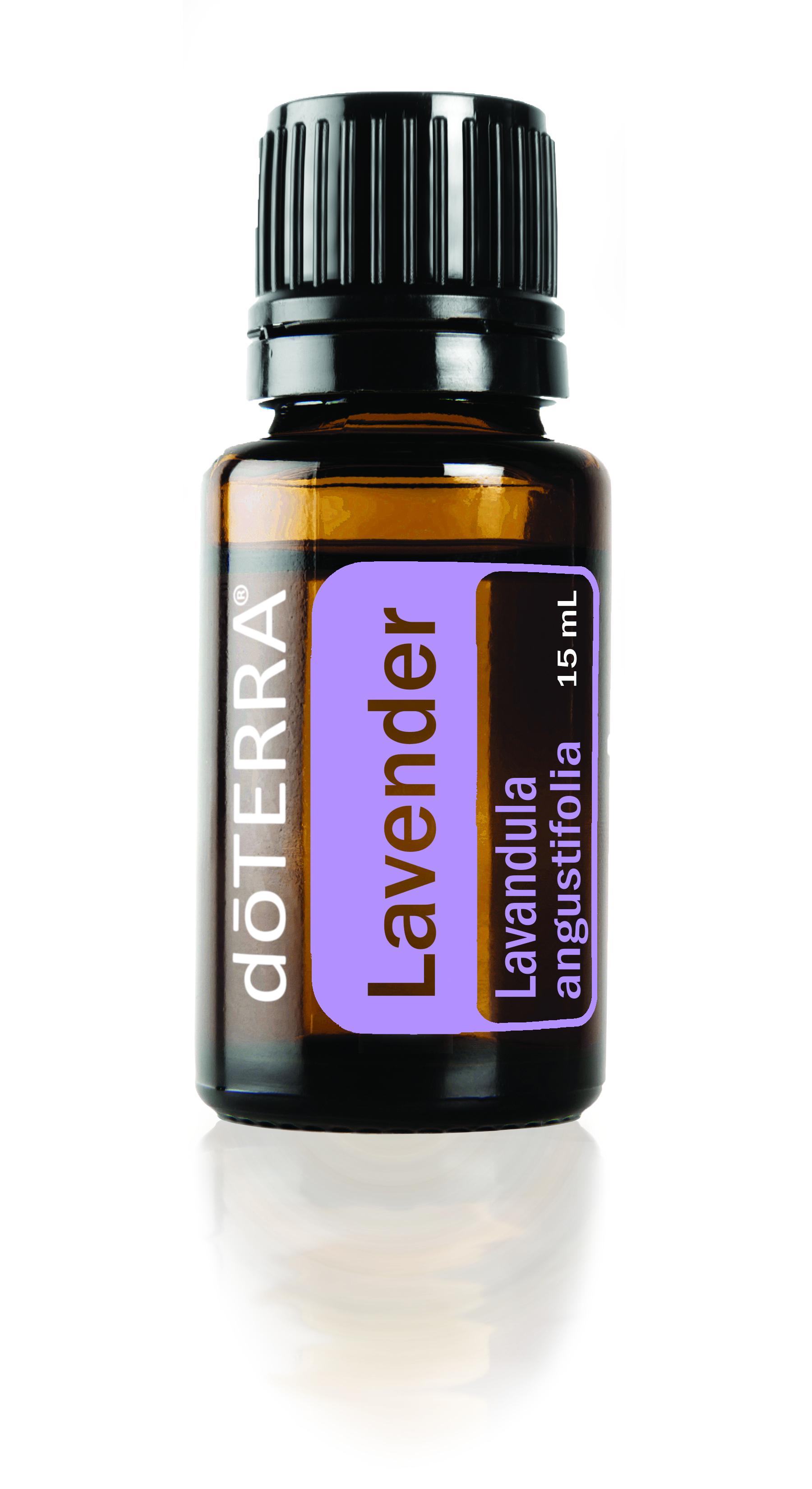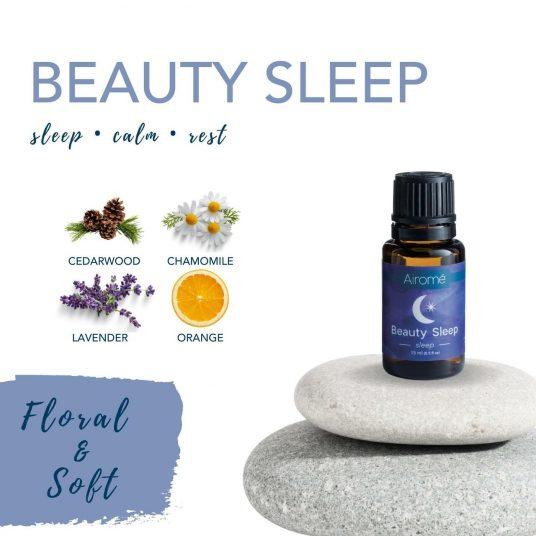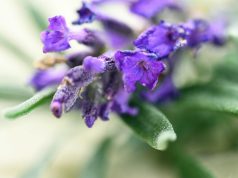In today’s fast-paced world, achieving a restful night’s sleep can often feel like an elusive dream. Whether it’s the constant buzz of technology, the pressures of daily life, or simply an overactive mind, many of us find ourselves tossing and turning long into the night. If you’re among the countless individuals seeking a natural remedy to enhance your sleep quality, essential oils might be the solution you’ve been searching for. These potent plant extracts have been cherished for centuries, not only for their aromatic allure but also for their calming and restorative properties. In this article, we’ll guide you through the gentle art of using essential oils to cultivate a peaceful bedtime routine. With empathy and understanding, we’ll explore how these natural elixirs can transform your sleep experience, offering you the tranquility and rejuvenation your body craves.
Understanding the Connection Between Essential Oils and Sleep
Many people struggle with sleep issues and often seek natural remedies to improve their sleep quality. Essential oils have gained popularity as a holistic approach to enhance sleep, thanks to their calming and relaxing properties. Understanding how these oils work can empower you to create a personalized nighttime routine that promotes restful slumber.
Essential oils can influence your sleep patterns through their interaction with the limbic system, the part of the brain that controls emotions and relaxation. By choosing the right oils, you can create a soothing atmosphere that prepares your body and mind for sleep. Here are some popular essential oils known for their sleep-enhancing properties:
- Lavender: Renowned for its calming effects, lavender can reduce anxiety and improve sleep quality.
- Chamomile: Often used in teas, chamomile oil can ease stress and promote relaxation.
- Bergamot: With its citrusy aroma, bergamot can help alleviate tension and encourage a sense of peace.
- Ylang Ylang: Known for its sweet floral scent, ylang ylang can lower heart rate and blood pressure, setting the stage for a restful night.
To integrate essential oils into your sleep routine, consider different methods of application. You might diffuse oils in your bedroom, apply them topically with a carrier oil, or add a few drops to a warm bath. Here’s a simple comparison of these methods:
| Application Method | Benefits | Considerations |
|---|---|---|
| Diffusion | Even aroma distribution, long-lasting effects | Requires a diffuser, may need oil replenishment |
| Topical Application | Direct absorption, targeted relief | Must be diluted, potential skin sensitivity |
| Bath | Full-body relaxation, enhances bath routine | Oils must be mixed with bath salts or carrier oils |

Selecting the Right Essential Oils for Your Sleep Needs
Choosing the right essential oils for sleep can make a significant difference in your nightly routine. Different oils have unique properties that cater to various sleep challenges. Here’s a guide to help you make the best selection for your specific needs:
- Lavender: Known for its calming and relaxing properties, lavender is a top choice for those struggling with insomnia or anxiety-related sleep issues.
- Chamomile: Ideal for those seeking to reduce stress and promote a sense of peace, chamomile is gentle yet effective in improving sleep quality.
- Bergamot: Unlike other citrus oils, bergamot is not stimulating and can help reduce feelings of agitation and restlessness, paving the way for a restful night.
- Cedarwood: For those who have trouble staying asleep, cedarwood can enhance feelings of security and grounding, aiding in maintaining a deep sleep.
To help you decide, here’s a simple comparison table of these essential oils and their benefits:
| Essential Oil | Main Benefit | Best For |
|---|---|---|
| Lavender | Calming | Insomnia, Anxiety |
| Chamomile | Stress Relief | Stress, Peaceful Sleep |
| Bergamot | Reduces Agitation | Restlessness |
| Cedarwood | Grounding | Maintaining Deep Sleep |
Consider what specific challenges you face with sleep and choose an oil or blend that targets those issues. Experimenting with different combinations can also be beneficial in finding the perfect match for your unique sleep requirements.

Creating a Bedtime Routine with Essential Oils
Creating a consistent bedtime routine with essential oils can be a soothing and effective way to signal your body that it’s time to wind down. Here’s how you can incorporate these natural aromas into your nightly ritual:
- Choose Your Oils Wisely: Some of the most effective essential oils for sleep include lavender, chamomile, and bergamot. Each has unique properties that can help calm the mind and relax the body. Experiment to find the blend that works best for you.
- Diffuser Magic: Add a few drops of your chosen oils to a diffuser and let the calming scents fill your bedroom about 30 minutes before you plan to sleep. This creates a serene environment conducive to relaxation.
- Massage Ritual: Mix a few drops of essential oil with a carrier oil like coconut or almond oil, and gently massage it onto your temples, neck, or the soles of your feet. This tactile routine can enhance relaxation and signal your body that it’s time to rest.
| Essential Oil | Benefits | Application Method |
|---|---|---|
| Lavender | Calming, reduces anxiety | Diffuser, pillow spray |
| Chamomile | Soothing, aids in sleep | Massage, bath |
| Bergamot | Relieves stress, uplifting | Inhalation, diffuser |
By incorporating these steps into your bedtime routine, you can create a peaceful transition from the busyness of the day to the tranquility of night, helping to improve your overall sleep quality.

Safety Tips and Best Practices for Using Essential Oils
When using essential oils to enhance sleep quality, it’s crucial to prioritize safety and adhere to best practices. Here are some key tips to ensure a soothing and secure experience:
- Always Dilute: Essential oils are potent and should be diluted with a carrier oil like coconut or jojoba oil before applying to the skin. A general guideline is to use a 2-3% dilution, which equates to 12-18 drops of essential oil per ounce of carrier oil.
- Patch Test First: Conduct a patch test on a small area of your skin to check for any allergic reactions or sensitivities before widespread use.
- Use with Caution: Some essential oils are not recommended for use by pregnant women, children, or pets. Always consult with a healthcare provider if you fall into these categories.
- Avoid Direct Sunlight: Certain oils, such as citrus oils, can increase photosensitivity. Avoid direct sunlight or UV exposure after application to prevent skin irritation.
To further aid in your essential oil journey, here is a simple reference table for common oils used to promote sleep:
| Essential Oil | Properties | Application Method |
|---|---|---|
| Lavender | Calming, Relaxing | Diffuse, Topical |
| Chamomile | Soothing, Sedative | Diffuse, Bath |
| Bergamot | Uplifting, Stress-Reducing | Diffuse, Inhalation |








































